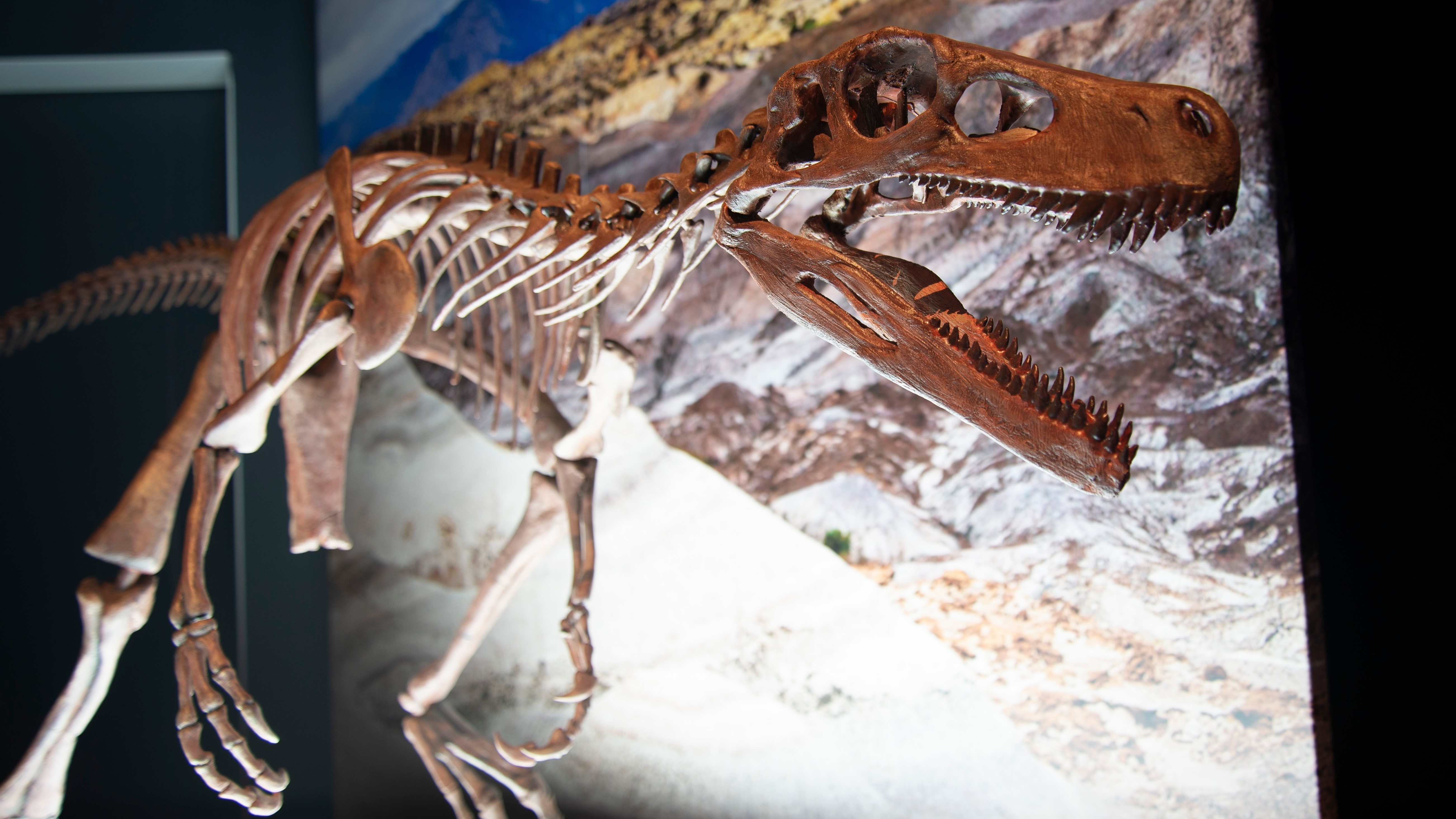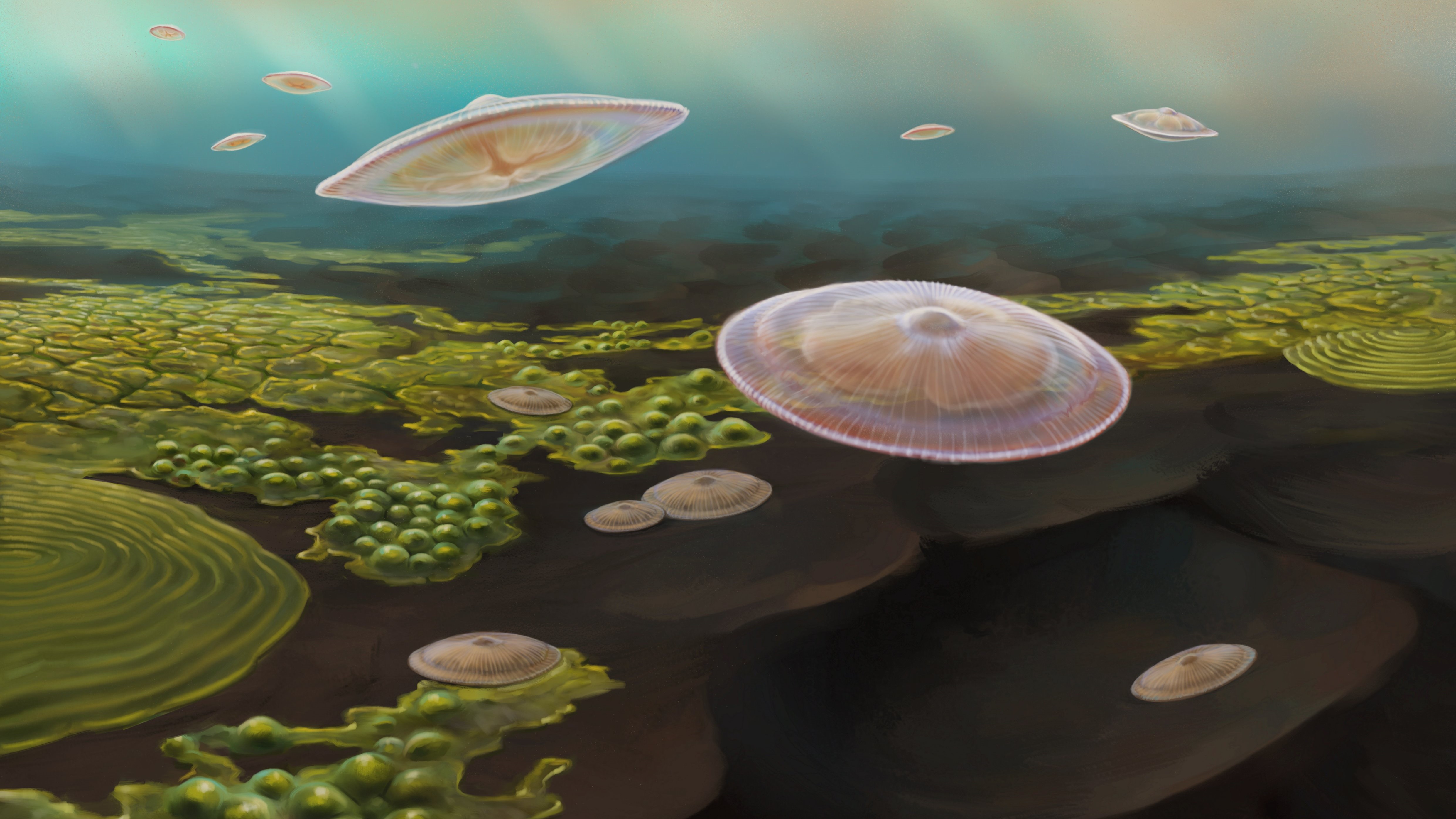
Patrick Pester
Patrick Pester is the trending news writer at Live Science. His work has appeared on other science websites, such as BBC Science Focus and Scientific American. Patrick retrained as a journalist after spending his early career working in zoos and wildlife conservation. He was awarded the Master's Excellence Scholarship to study at Cardiff University where he completed a master's degree in international journalism. He also has a second master's degree in biodiversity, evolution and conservation in action from Middlesex University London. When he isn't writing news, Patrick investigates the sale of human remains.
Latest articles by Patrick Pester
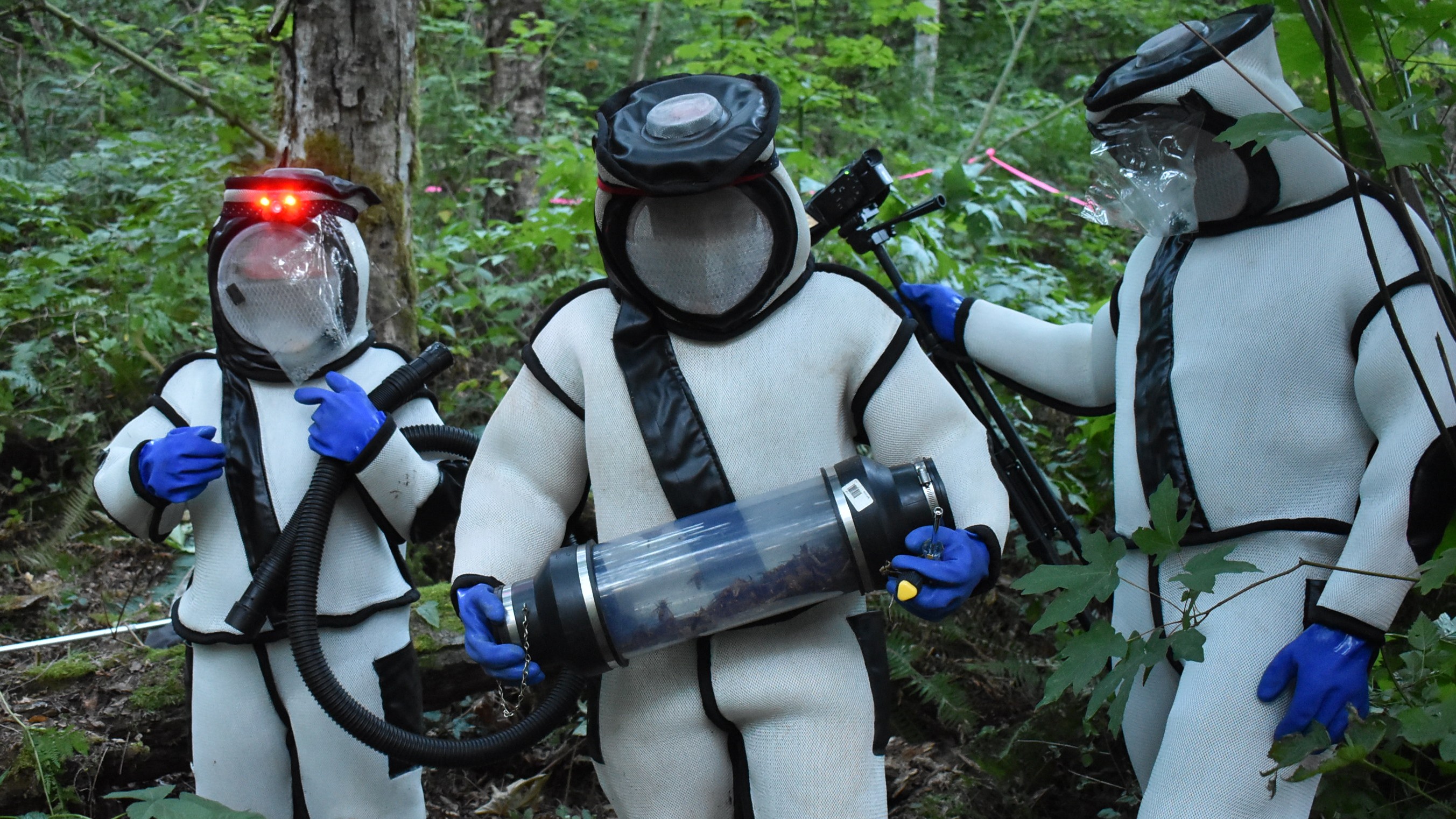
'Murder hornets' eradicated, but officials say they'll keep 'an eye out' for more
By Patrick Pester published
Officials say they've eradicated northern giant hornets, nicknamed "murder hornets," after years of tracking the invasive giant wasps in Washington state.
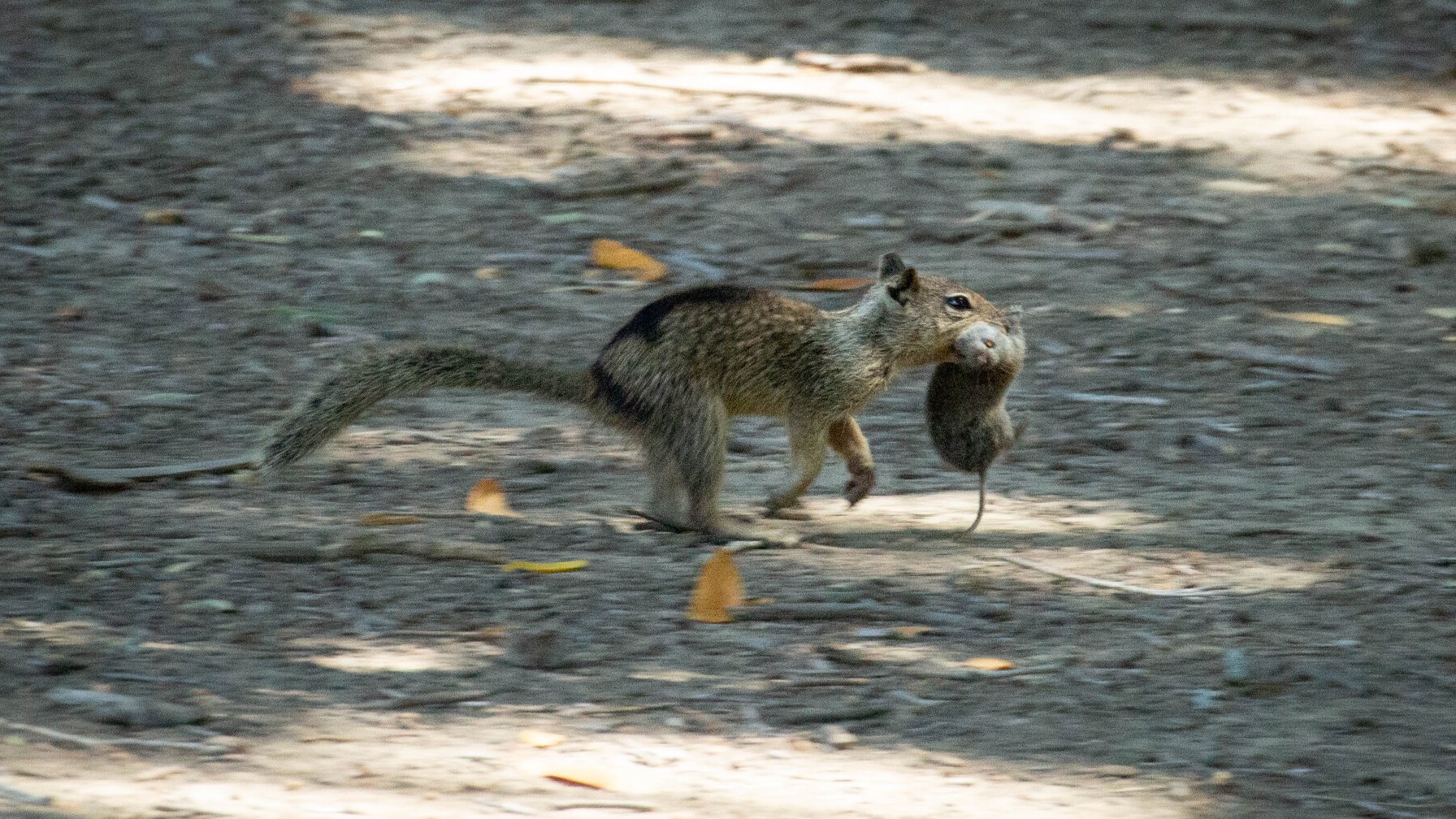
Killer squirrels have developed taste for flesh — and voles are running for their lives
By Patrick Pester published
Ground squirrels have turned into carnivorous killers in a local park after vole numbers exploded in Contra Costa County, California.
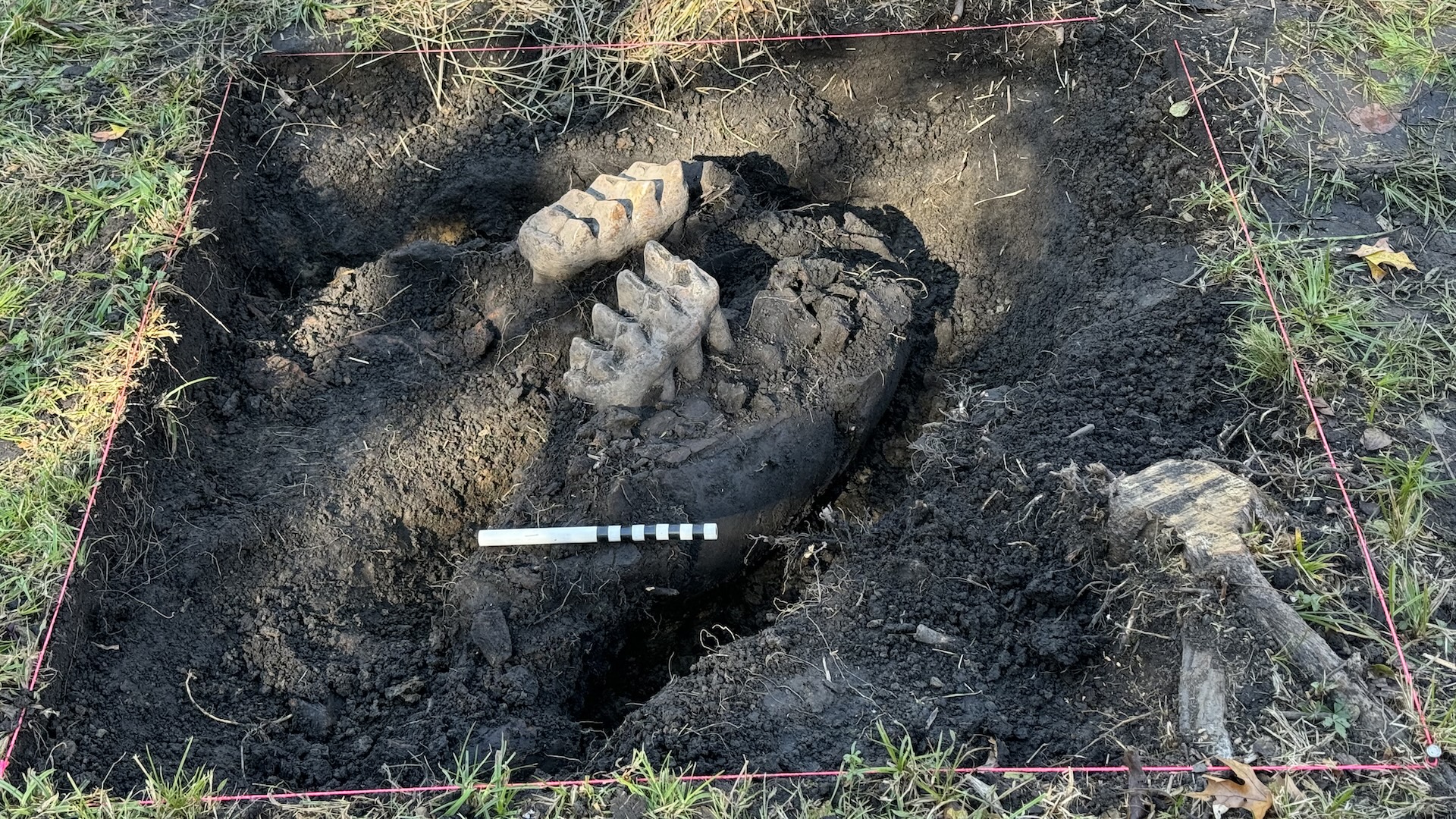
'I knew they were something special': New York homeowner discovers mastodon jaw fossils in backyard
By Patrick Pester published
A New York homeowner, in Scotchtown, Orange County, was "thrilled" to find mastodon fossils in their backyard, which museum staff plan to study to learn more about the last ice age.
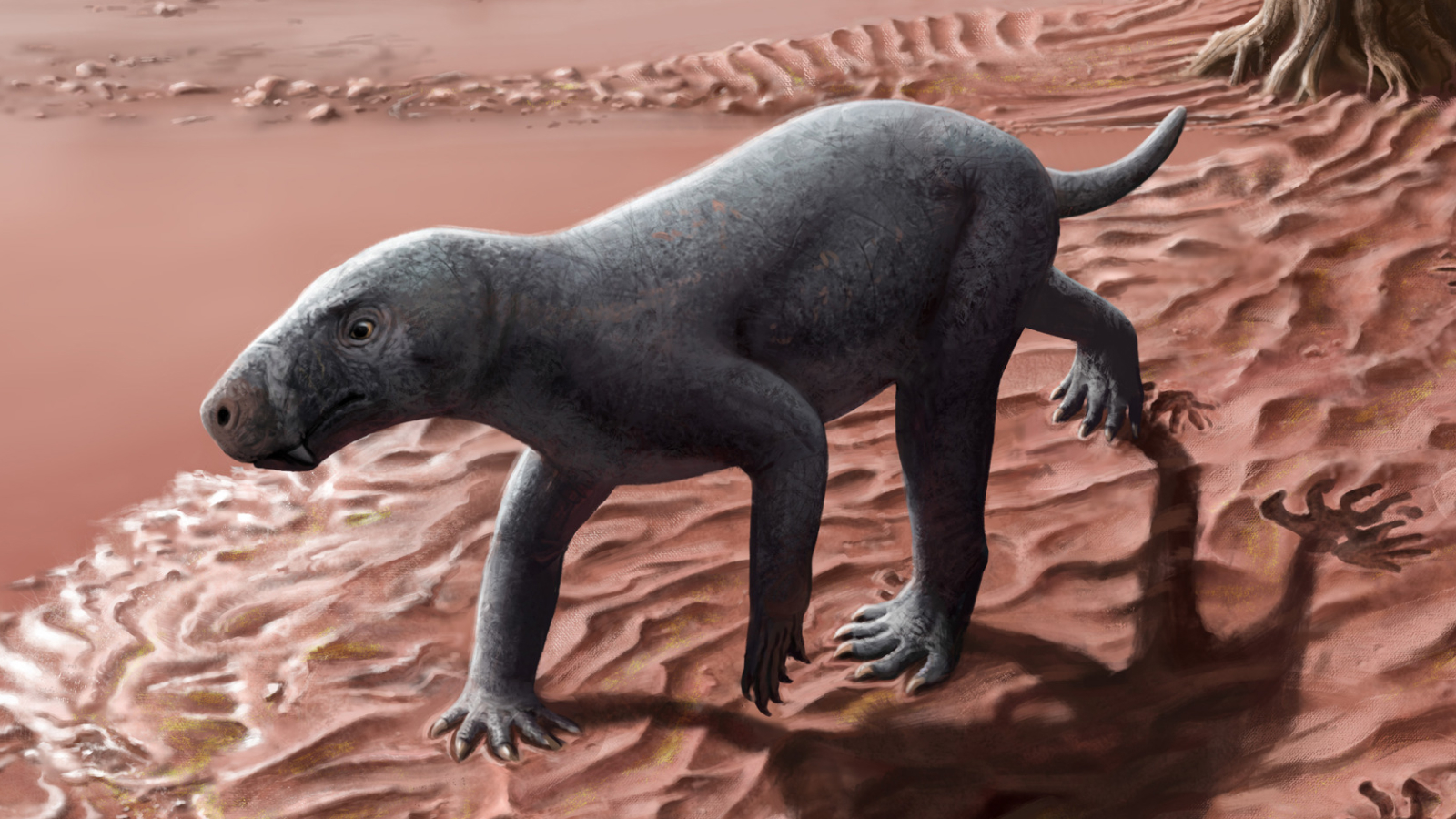
270 million-year-old saber-toothed predator from 'ghost' lineage looked like a bald dog
By Patrick Pester published
Fossils of the oldest saber-toothed predator are helping researchers understand the evolution of early mammal relatives called gorgonopsians and our shared origins in the therapsid group.
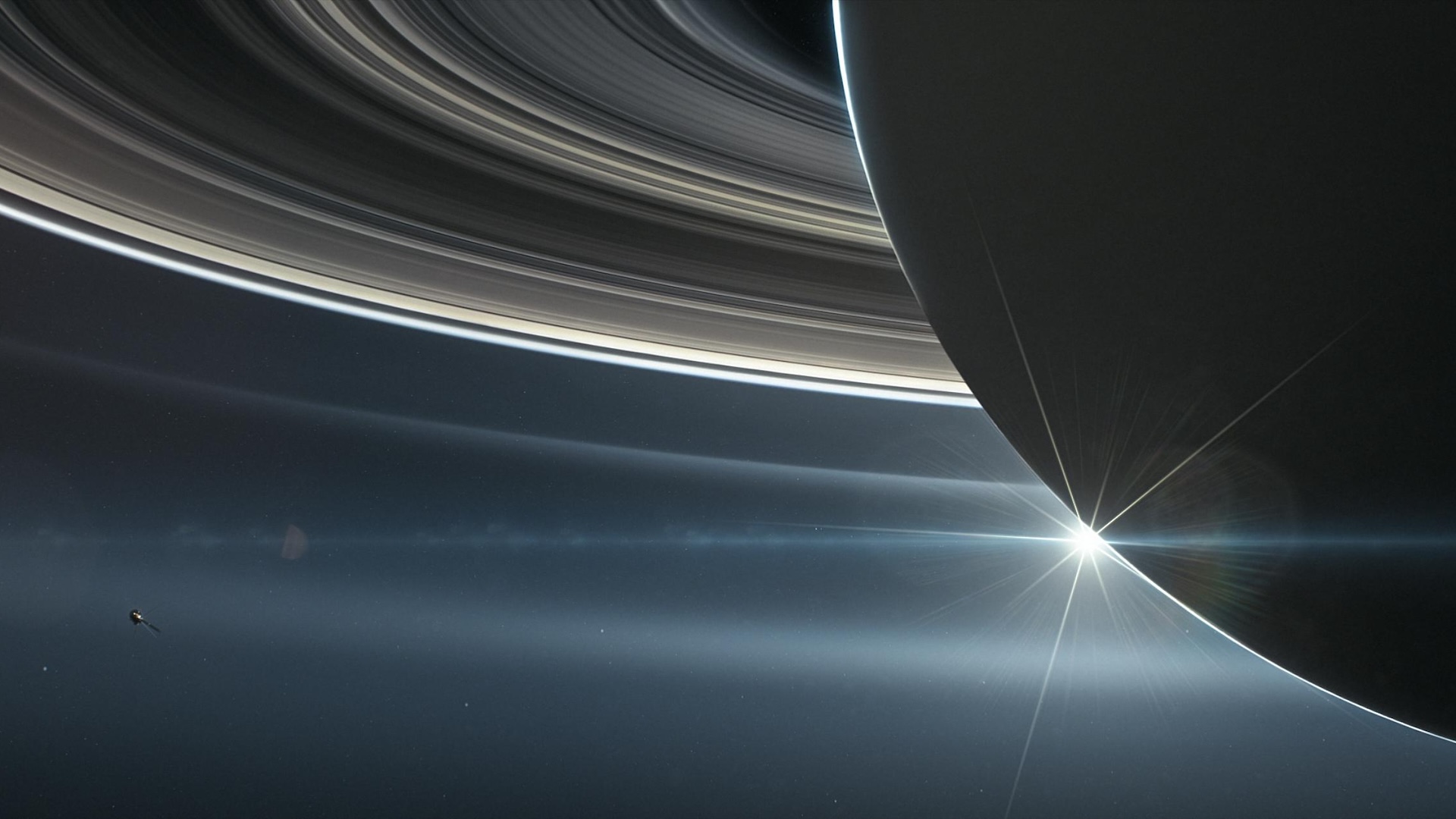
We might have been completely wrong about the origin of Saturn's rings, new study claims
By Patrick Pester published
Computer modeling suggests Saturn's rings are billions of years older than previous research suggests — but the new findings are up for debate.
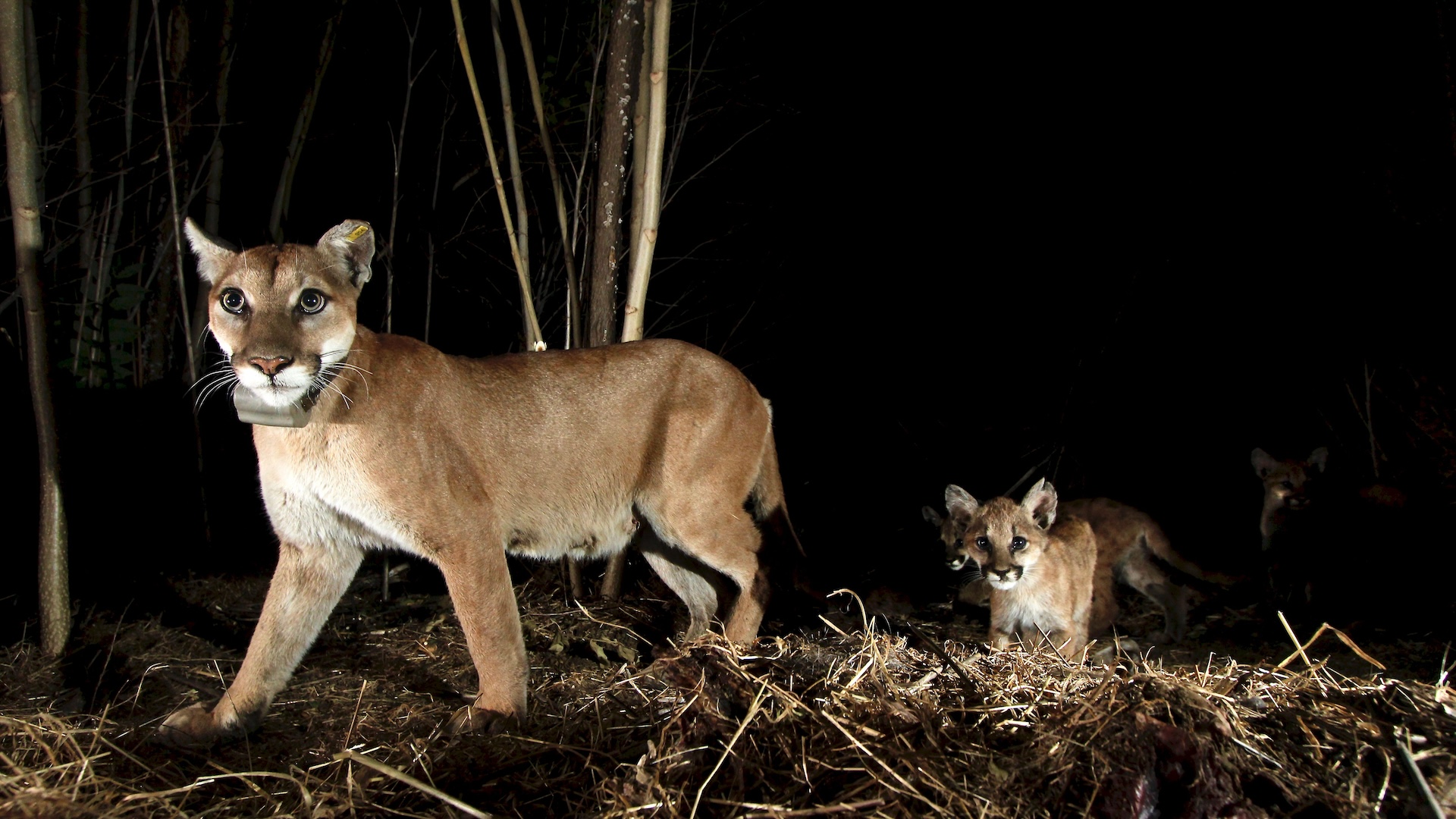
Mountain lions in Los Angeles are becoming nocturnal to avoid humans
By Patrick Pester published
The mountain lions of Greater Los Angeles are becoming more active at night to cope with humans hiking, cycling and jogging in their habitat.

Where did the 1st seeds come from?
By Patrick Pester published
From delicate dandelions to mighty oak trees, millions of plants use seeds to reproduce. But where did the first seeds come from?

How forensic DNA analysis can falsely link people to crime scenes
By Patrick Pester published
Researchers have found that forensic "DNA mixture analysis" is less accurate for certain groups of people with lower genetic diversity, which could falsely link them to crime scenes.

What's the scientific explanation for 'ghost encounters'?
By Patrick Pester published
People all over the world believe they've seen or heard a ghost, but there's no scientific evidence for spirits, hauntings or the paranormal. So what's behind these "encounters"?
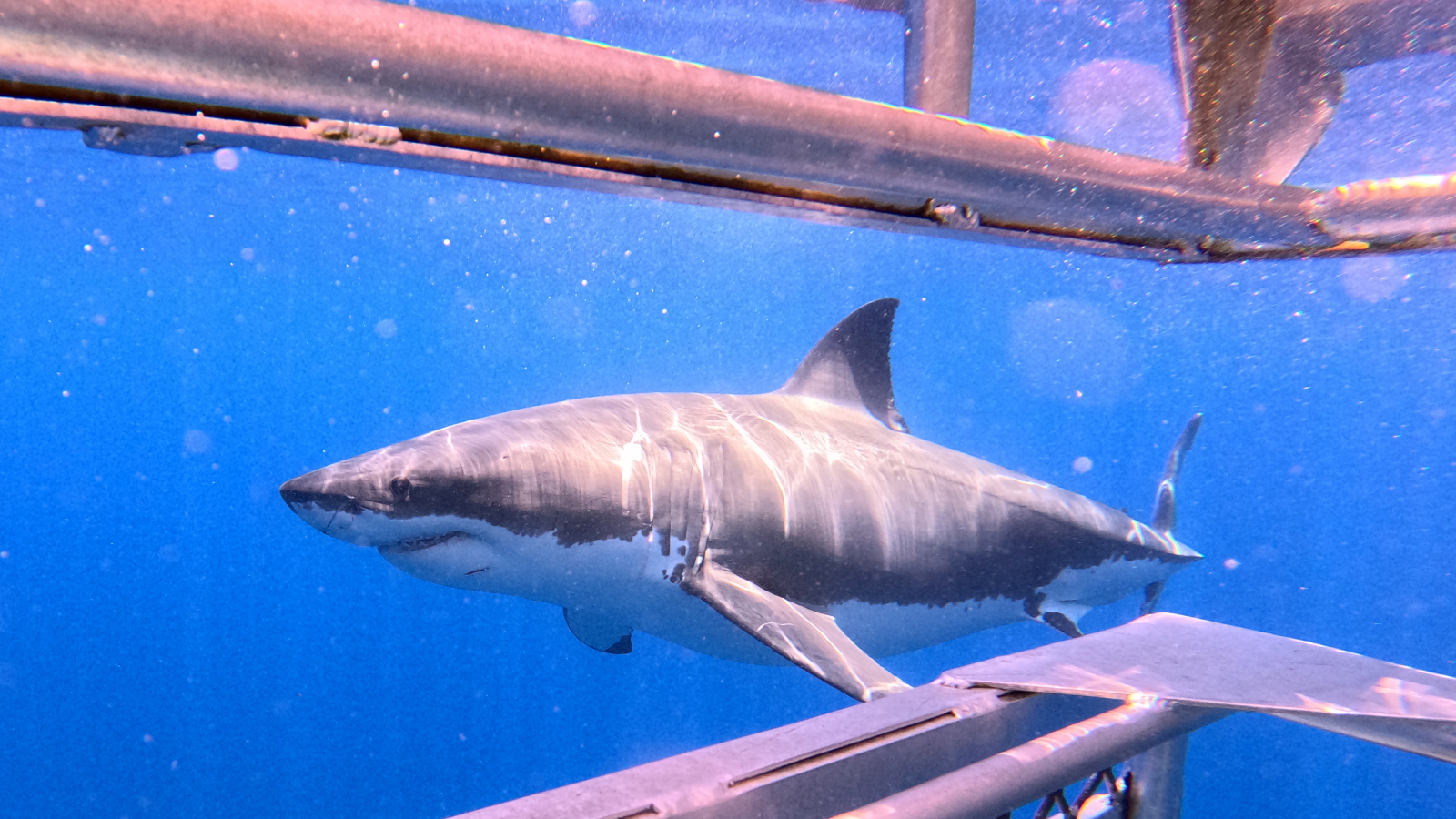
How did sharks become Earth's 'ultimate survivors'? Paleontologist John Long finds answers in new book 'The Secret History of Sharks'
By Patrick Pester published
"The Secret History of Sharks" author John Long met with Live Science to discuss his new book, recent revelations about megalodons, and how he got over his fear of great whites.
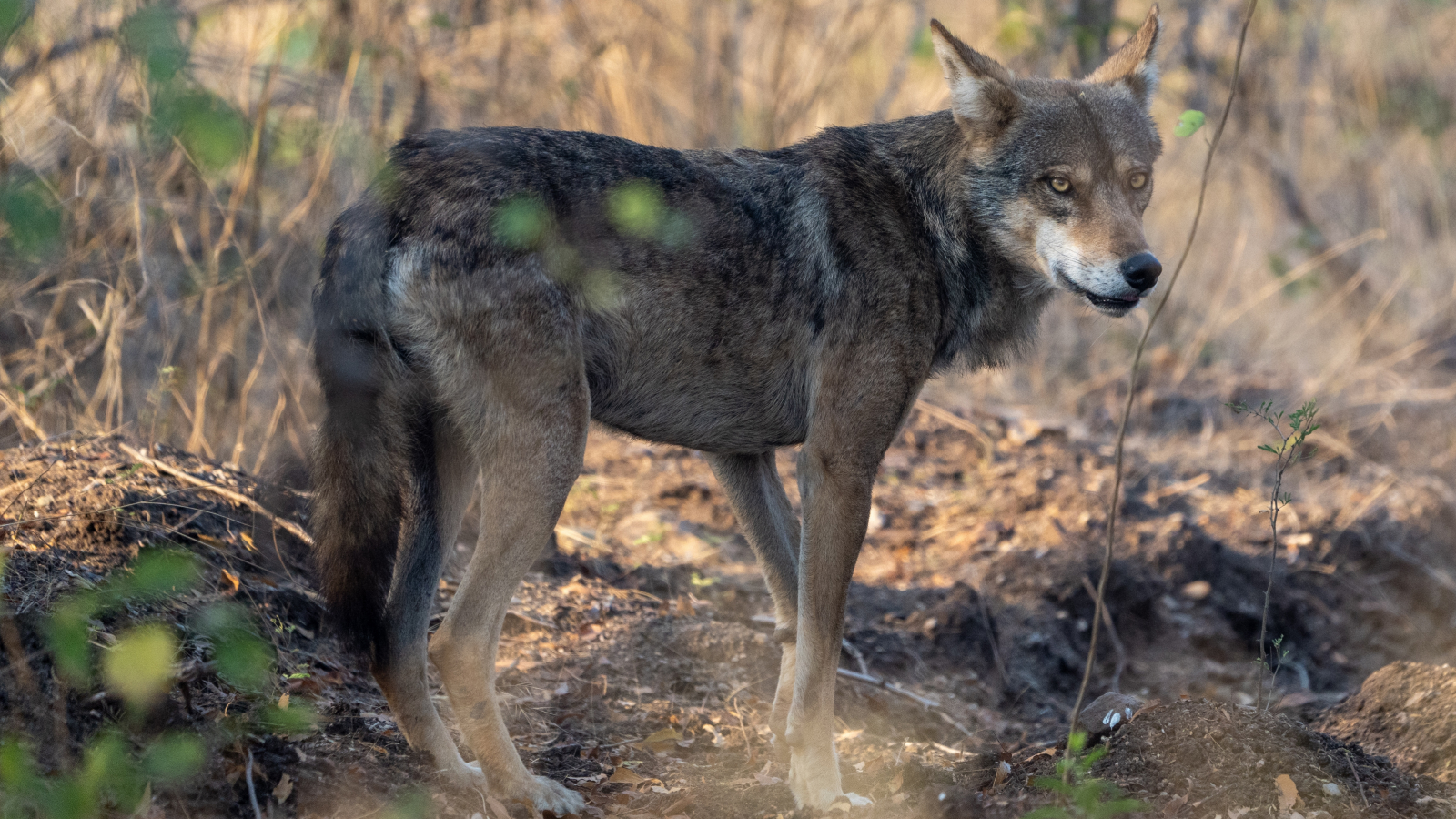
'All it takes is a predator to learn that children are easier prey': Why India's 'wolf' attacks may not be what they seem
By Patrick Pester published
Indian authorities believe wolf attacks have killed 10 people in the Bahraich region of Uttar Pradesh in recent months, as fear and confusion grips local villages.
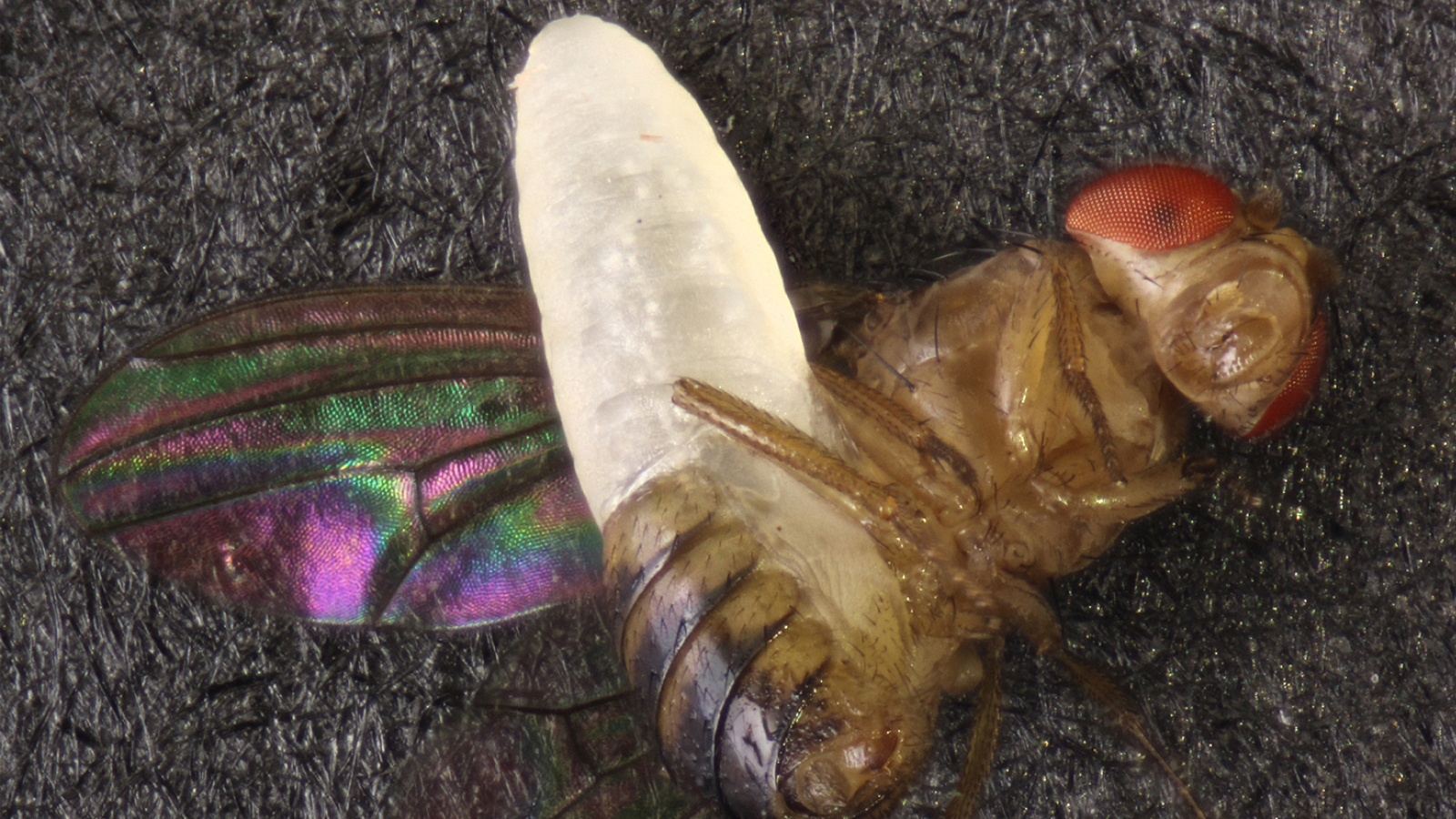
Parasitic 'horror' wasp that bursts from a fly's abdomen like an 'Alien' xenomorph discovered in Mississippi backyard
By Patrick Pester published
Scientists accidentally discover new species of wasp that lays eggs inside living, adult fruit flies, which then burst from the hosts' abdomens while they're still alive.
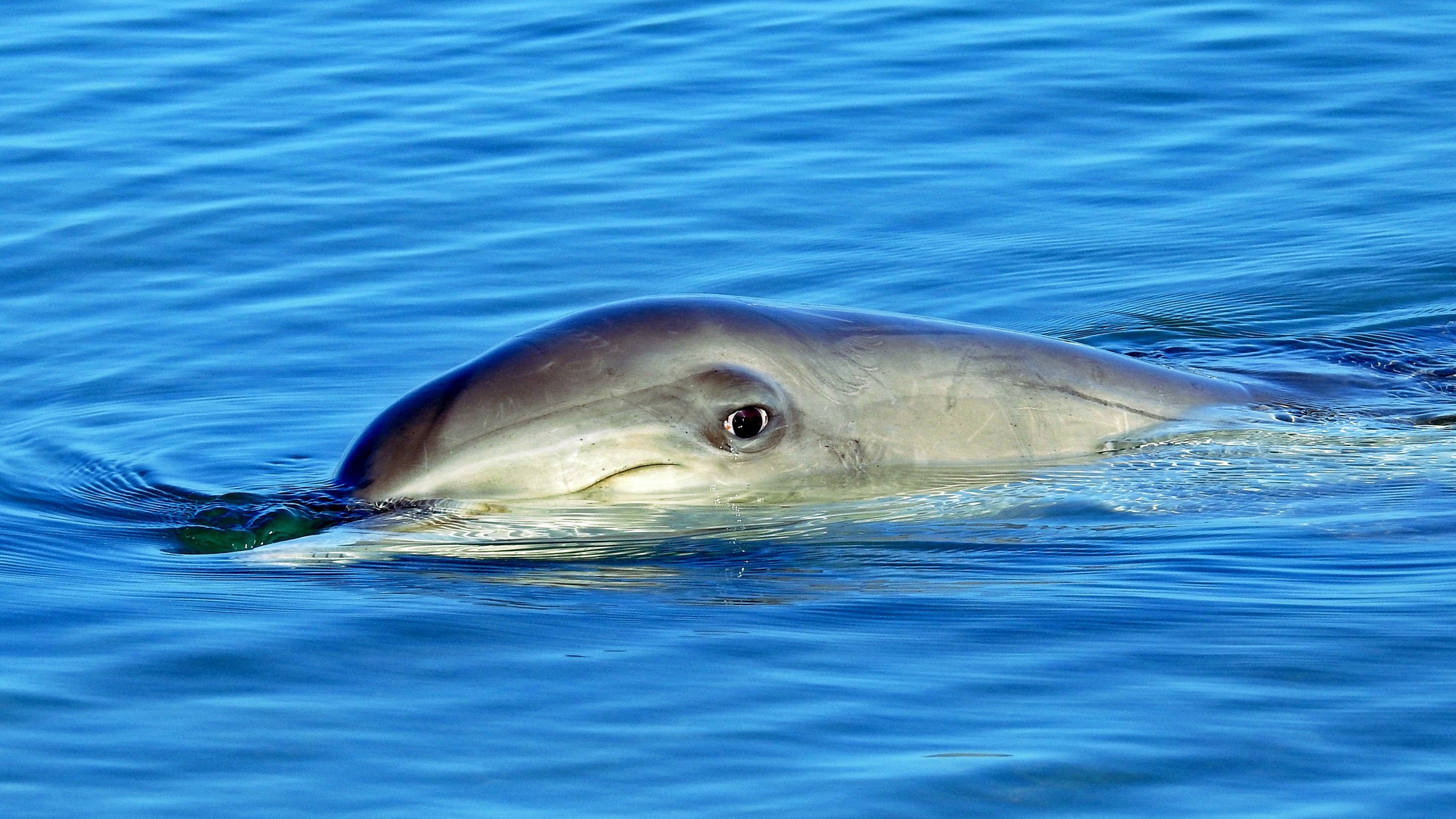
Sexually frustrated dolphin behind spate of attacks on humans off Japan
By Patrick Pester published
A stock image of an Indo-Pacific dolphin swimming (not the individual responsible for the recent attacks).

How to tell you're in love with someone, according to science
By Robin Nixon Pompa, Patrick Pester last updated
Reference Your brain and behaviors tell you you're in love in a variety of ways. Here's 14 signs you've been struck by Cupid.
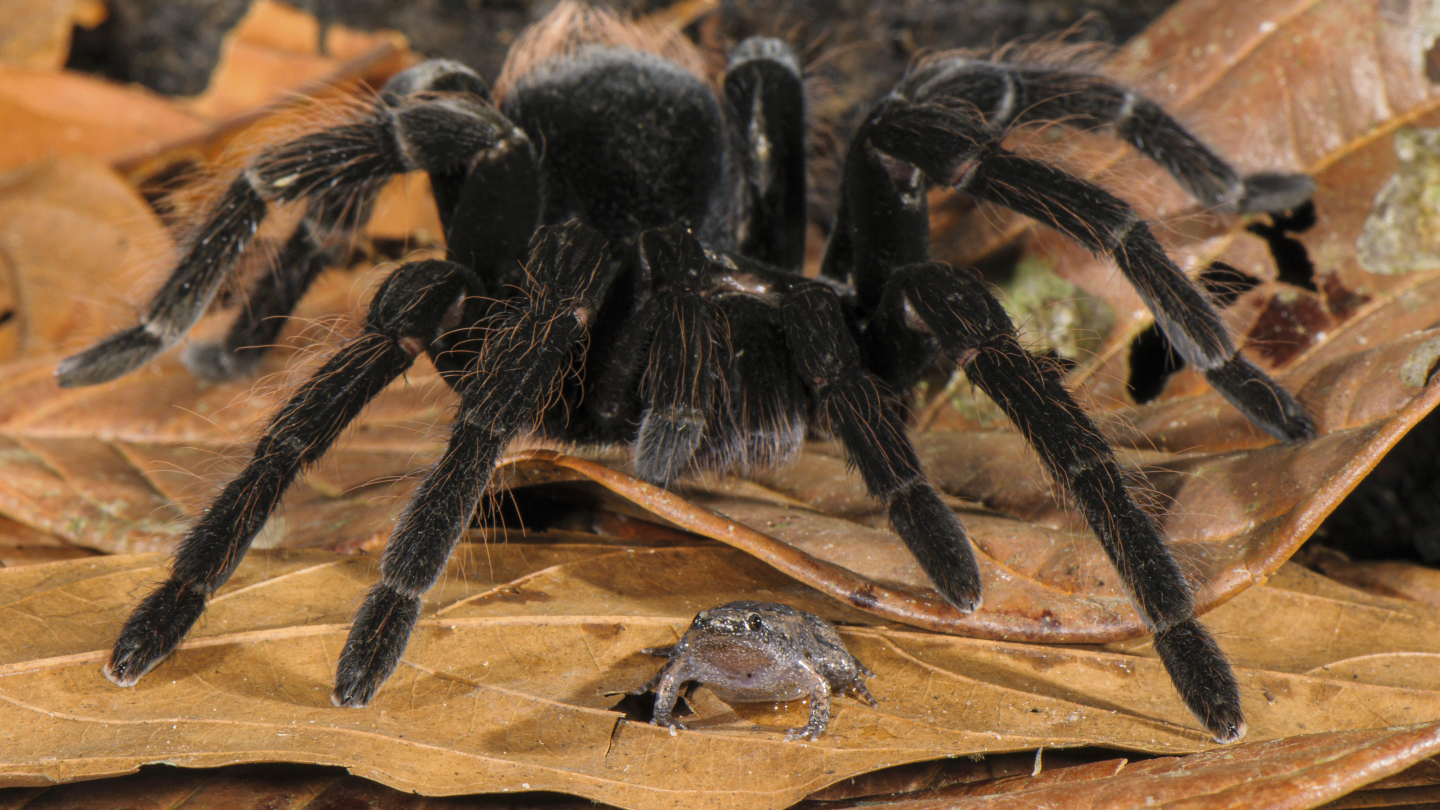
We now know why tarantulas are hairy — to stop army ants eating them alive
By Patrick Pester published
Tarantulas' hairy bodies protect against the scavenging, spider-eating army ants that clean their nests, scientists say.
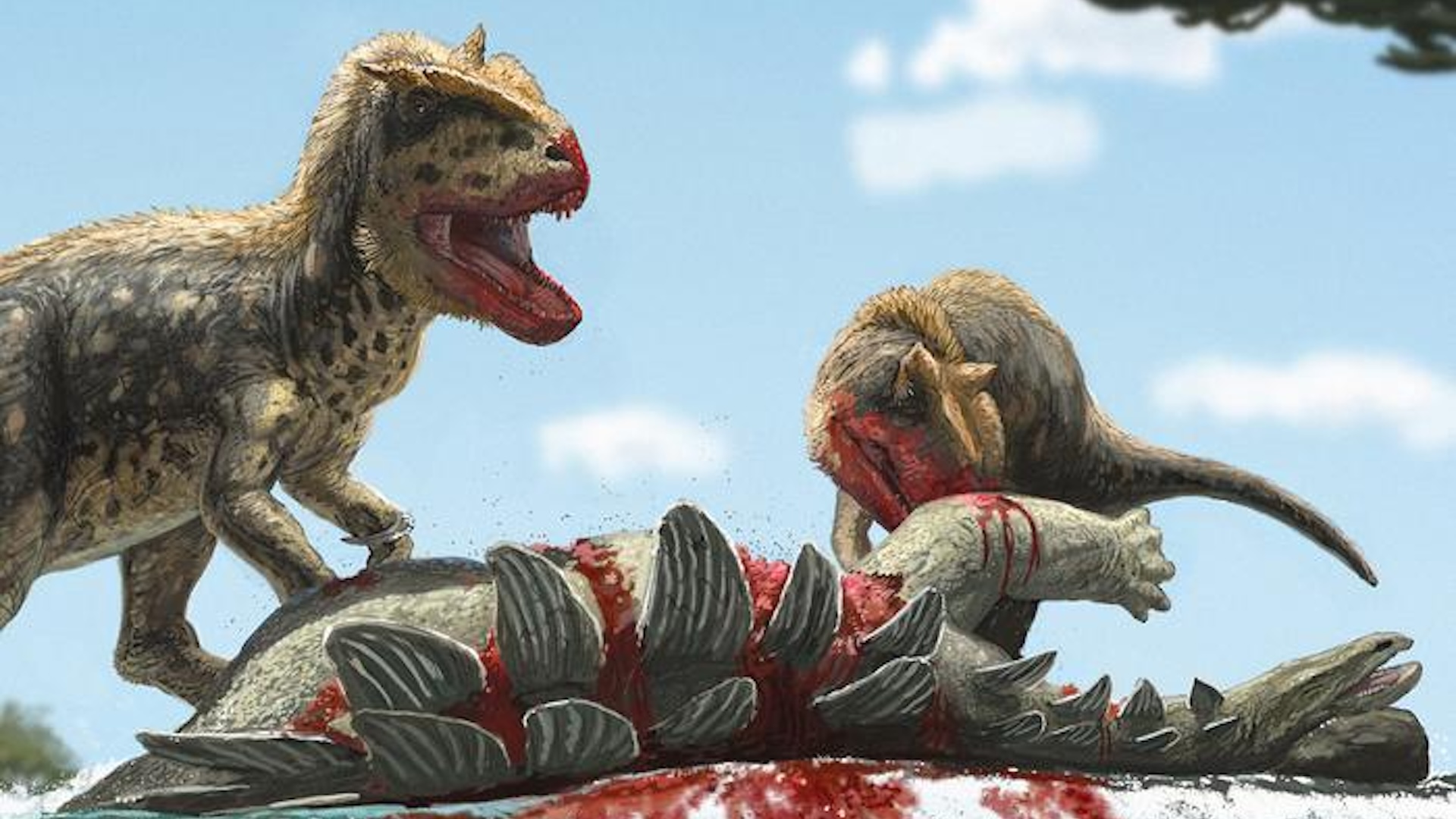
T. rex relative with giant, protruding eyebrows discovered in Kyrgyzstan
By Patrick Pester published
The newly discovered Alpkarakush kyrgyzicus fossils are the first of their kind from Kyrgyzstan and provide evidence of predatory dinosaurs caring for offspring in the Jurassic.
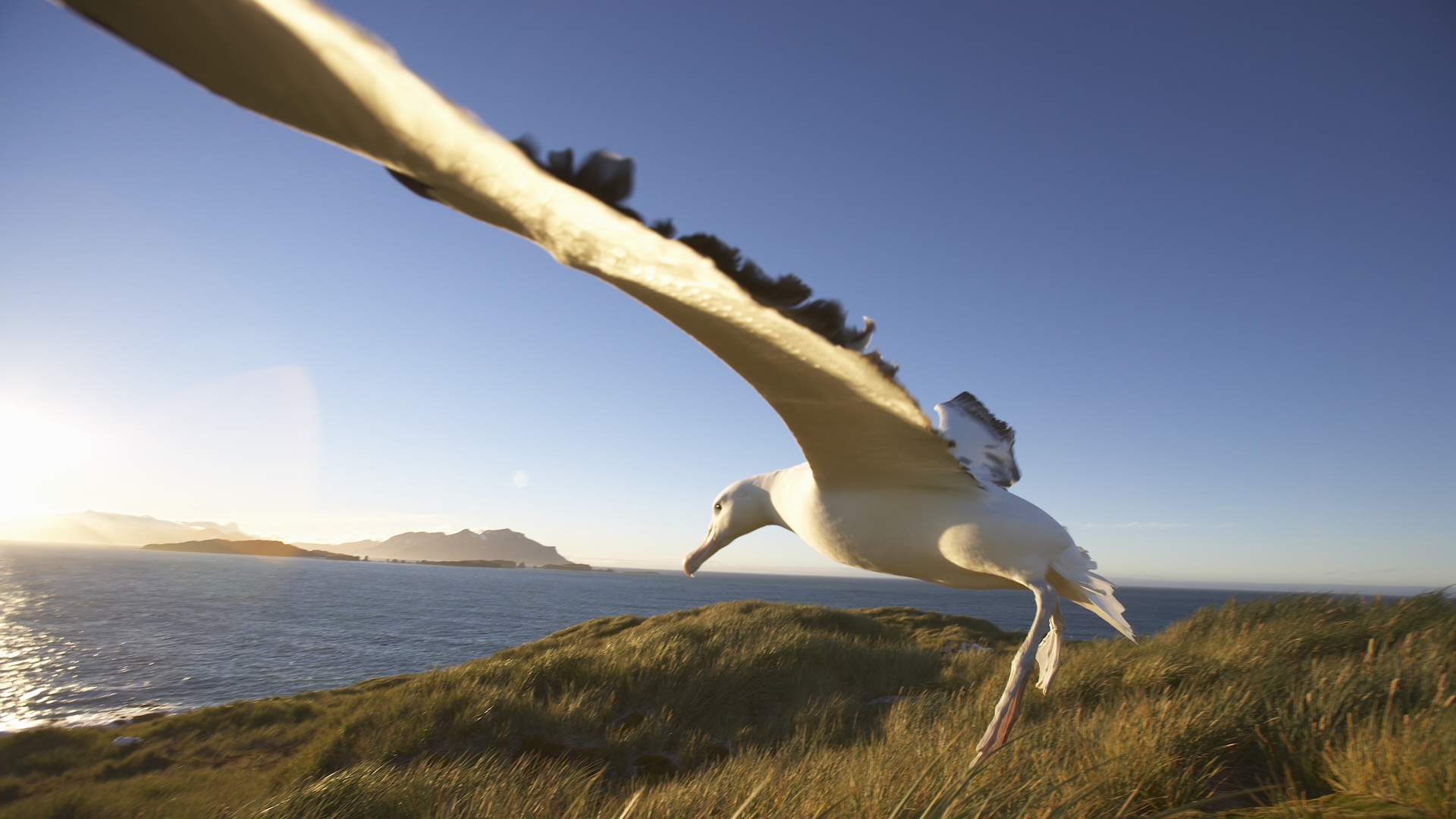
Mice on remote island that eat albatrosses alive sentenced to death by 'bombing,' scientists decree
By Patrick Pester published
The wandering albatrosses of Marion Island can't defend themselves against an invasive mice population that devours birds alive, but conservationists say a rodenticide 'bomb' could save them.
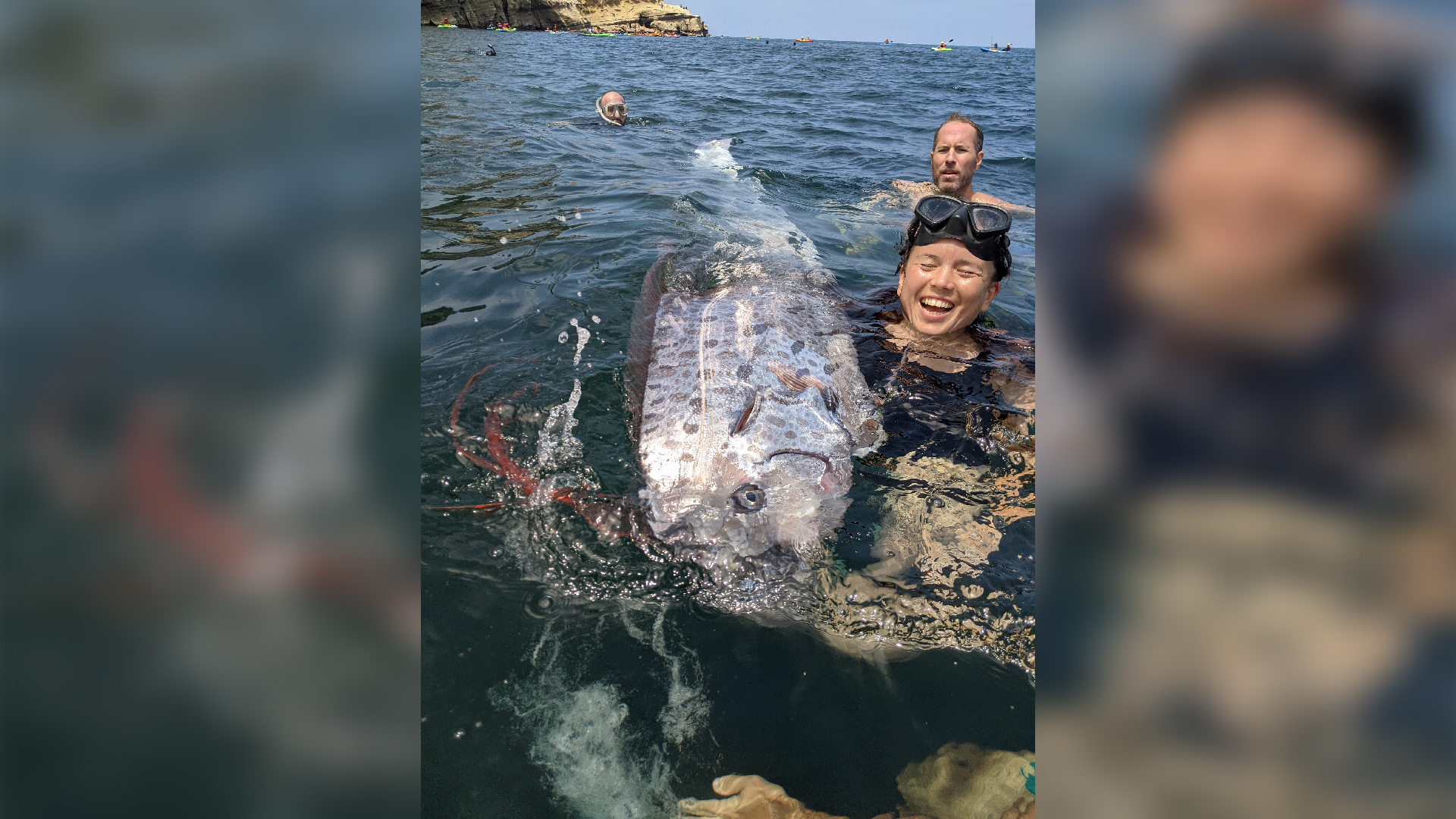
Rare 'doomsday fish' said to bring earthquakes spotted in California days before LA quake
By Patrick Pester published
Beachgoers found a rare oarfish off California two days before an earthquake, mirroring folklore that says the deep-sea creatures are "doomsday fish."

'Banana apocalypse' could be averted thanks to genetic breakthrough
By Patrick Pester published
Fusarium wilt is threatening the global supply of bananas, but researchers might have found a way to control the disease.
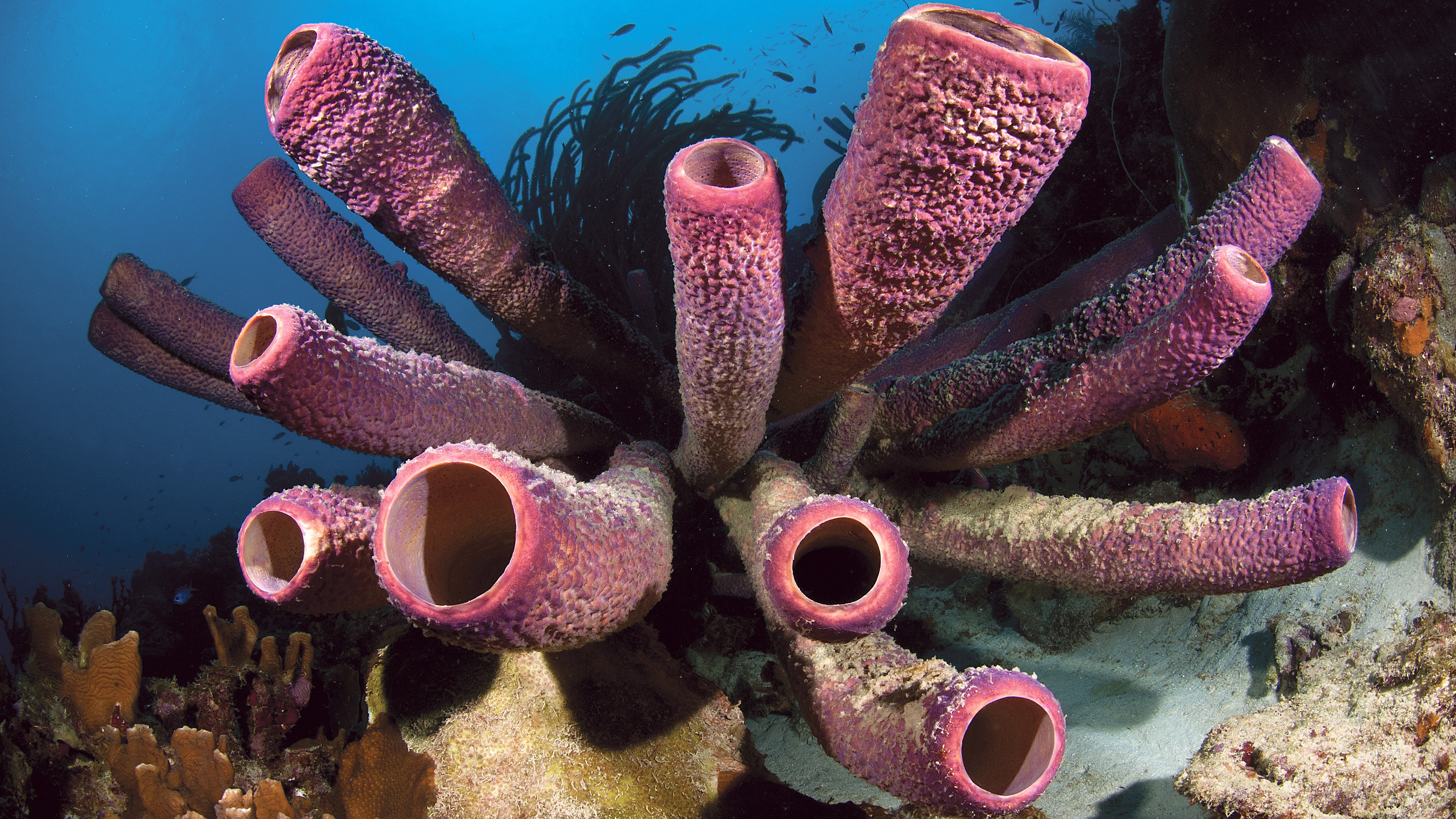
What were the first animals to have sex?
By Patrick Pester published
Animals have been reproducing sexually for hundreds of millions of years, but not always like we do it.
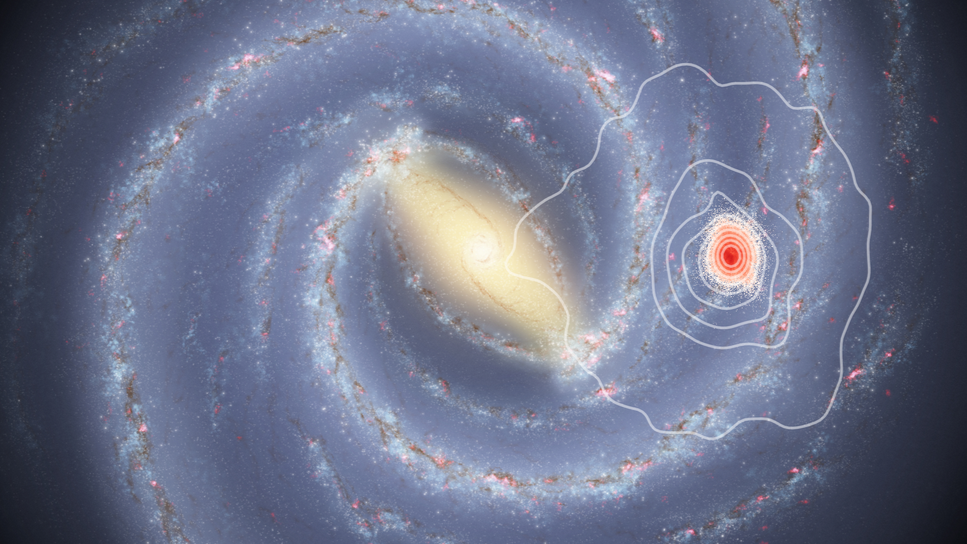
Group of ancient stars spotted near the sun could rewrite the Milky Way's history
By Patrick Pester published
Researchers using the Gaia space telescope studied some ancient stars near the sun, revealing that our corner of the Milky Way may be billions of years older than once thought.
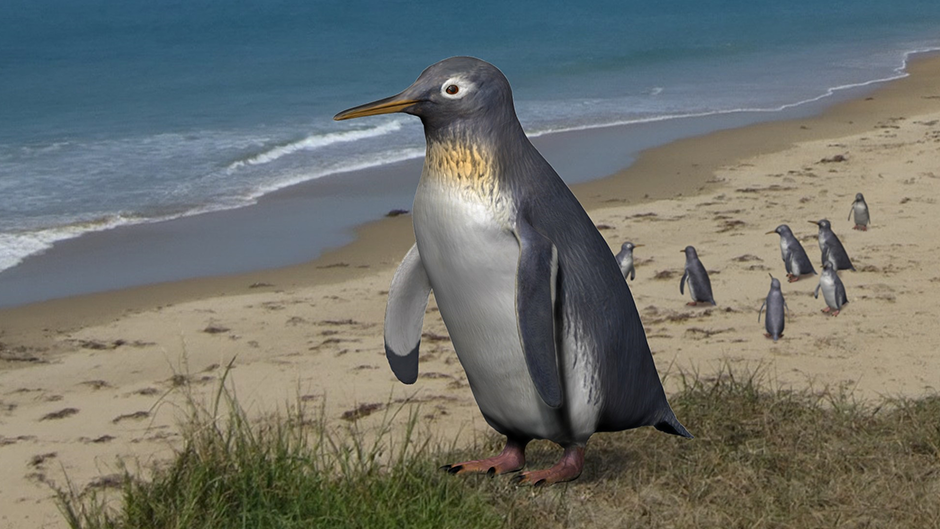
Meet 'small diver': One of the tiniest penguins ever discovered
By Patrick Pester published
A tiny extinct penguin from New Zealand is key to understanding penguin wing evolution, researchers say.

Minerals evolve under pressure in the same way life does, researchers find
By Patrick Pester published
Researchers say they've discovered evidence for the recently proposed 'law of increasing functional information' by proving that minerals evolve as life does.
Sign up for the Live Science daily newsletter now
Get the world’s most fascinating discoveries delivered straight to your inbox.
